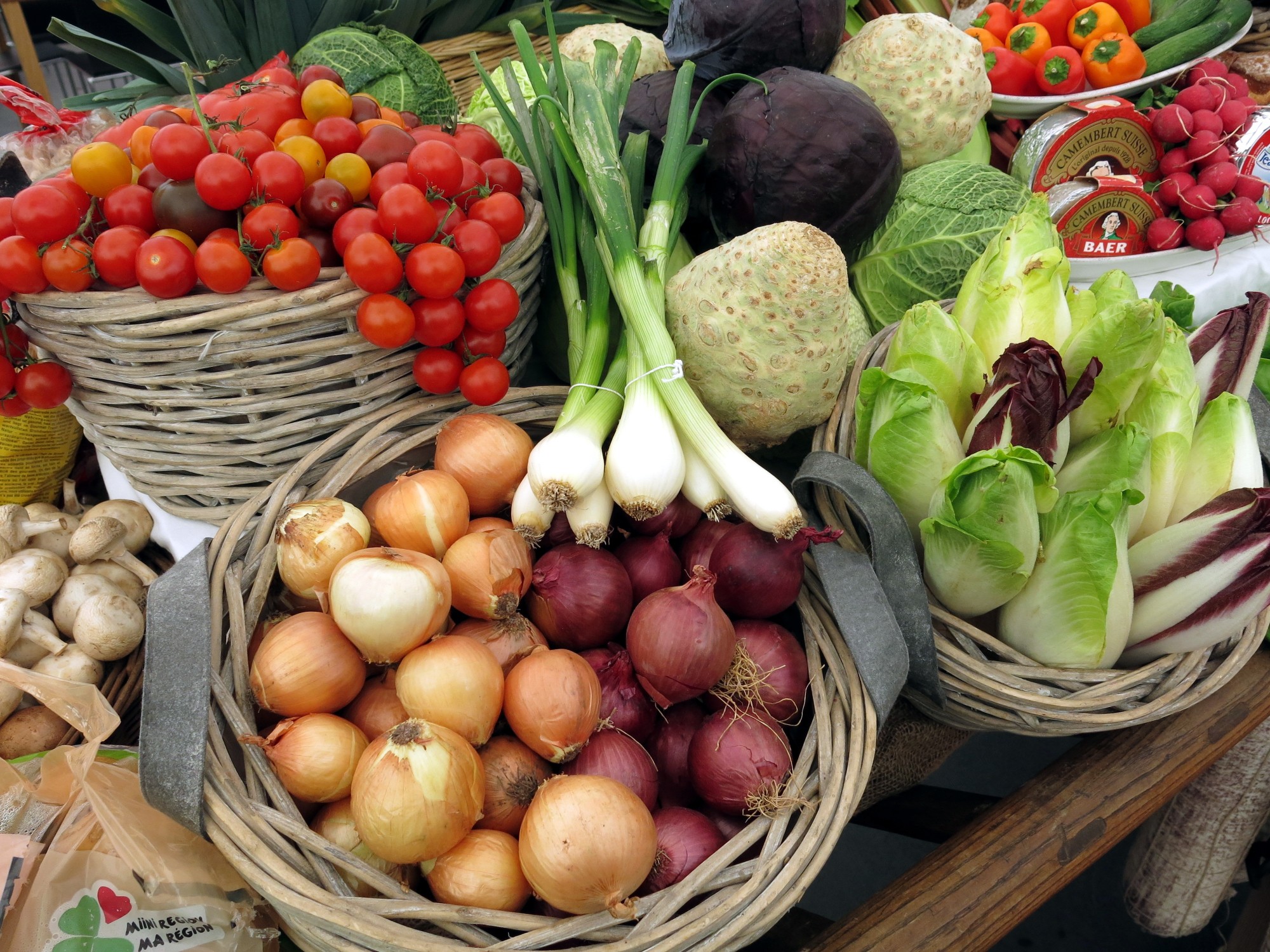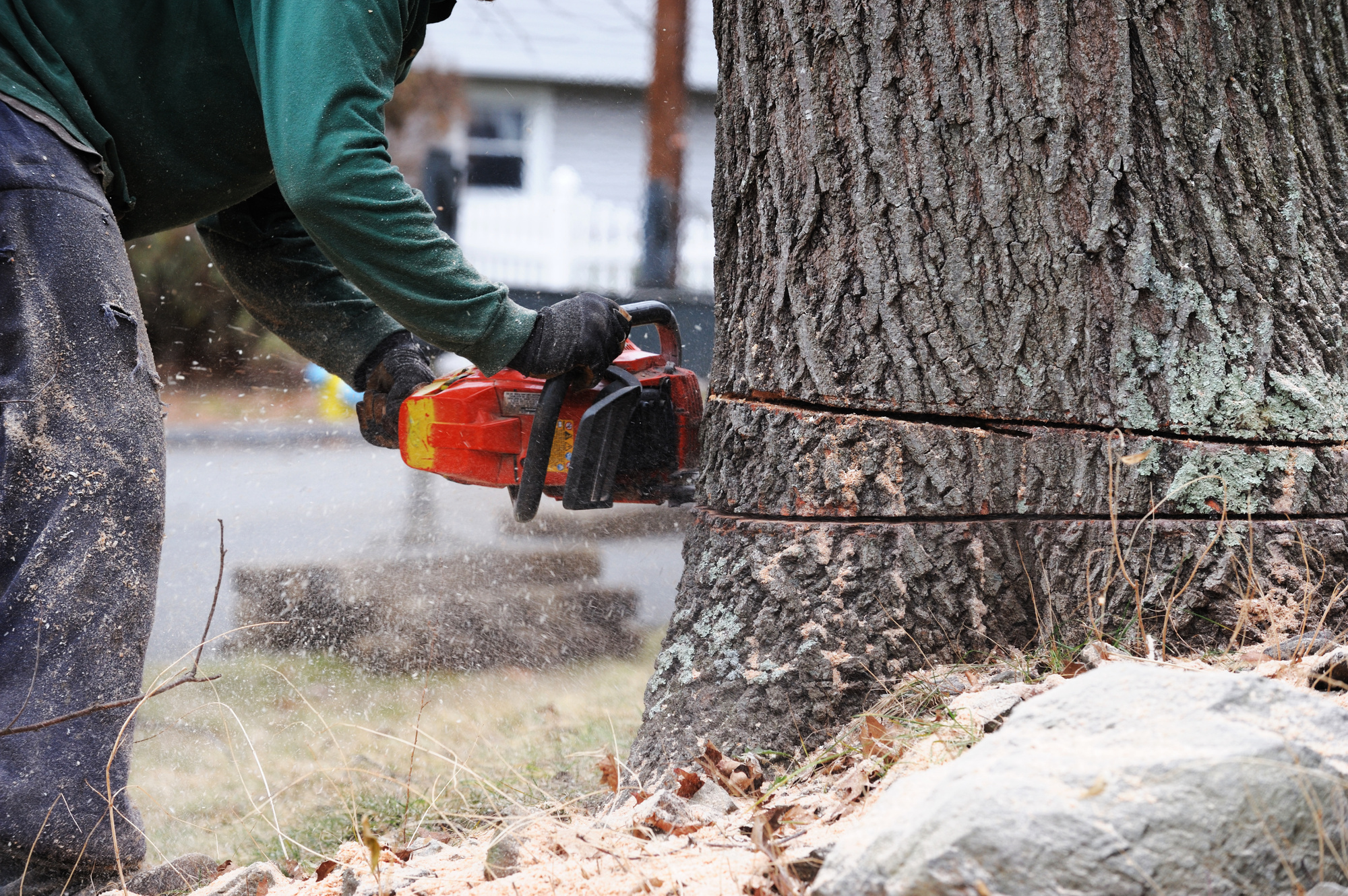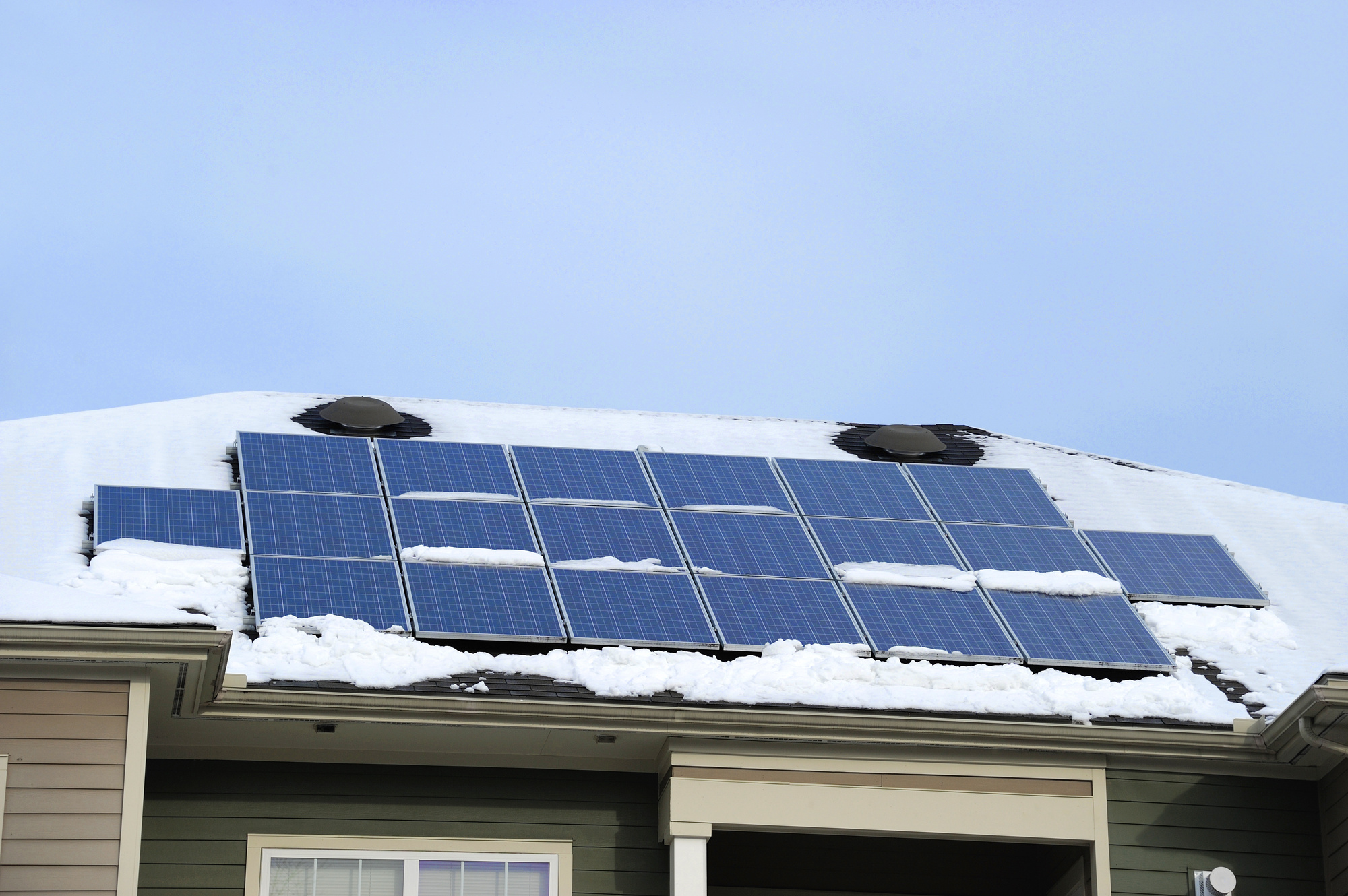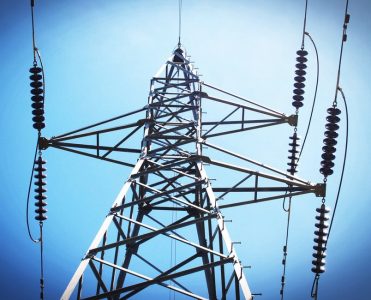There are roughly 2 million farms operating in the United States. Each of them is integral in helping meet America’s growing demand for easily accessible food being available, in volume, in grocery stores across the country.
Farm life is undoubtedly a hard one given long hours and low-pay. Still, several personal and environmental benefits come with this line of labor. Looking at environmental benefits specifically, if you’re a farmer that chooses to focus primarily on organic goods, the benefits of farming you’ll bring to the world around you are nearly limitless.
Are you curious to know what environmental benefits organic farming has over traditional farming? Do you want to better understand how your organic farm is helping save the world?
If so, keep reading to fulfill your need to know!
1. Heightened Environmental Awareness
Whether you’re a regular farmer or someone that’s pursuing the benefits of organic farming, your success as a farm owner is tied to the world around you. That vested interest farmers have in persevering the environment makes them among the most passionate evangelists when it comes to reducing carbon footprints, conserving water, and more.
By choosing a career in farming, you choose to become more educated in the world around you. You also probably choose to share information with friends and family.
That process of learning and sharing can have long-term effects on the environment’s health for generations to come.
2. Less Pesticide and Chemical Exposure
Non-organic farms leverage pesticides and chemicals to help manipulate crops. These substances can have short-term positive effects on a crop’s ability to make it to market. The long-term effects of chemical use though are daunting.
Leveraging synthetics to manipulate the environment creates long-term damage to plant diversity. It kills animal populations. It also disrupts other natural processes that keep the earth in balance. Continued use could lead to unsustainable growing conditions and the extinction of species.
When you go organic, your forgo synthetics, thus persevering your land’s long-term viability.
3. Enriched Soil
Land that hasn’t been exposed to synthetics is land that looks, feels, and is much richer than land that has been. While we can’t describe to you the contrast of organic versus non-organic land in a blog post, if you ever get the chance to run both kinds of soils through your hands, the difference will be clear.
Part of the reason why organic soil is so much richer is that the lack of chemicals allows helpful bacteria to flourish. It has been said that millions of helpful bacteria species can be present in organic soil versus as little as one-hundred in chemically treated soil.
4. More Topsoil
If you’ve never heard of the global crisis concerning land erosion, get educated. In short, topsoil levels are depreciating making it harder to grow food.
Part of the reason why we’re experiencing such rapid soil depreciation is because of the synthetics farmers have introduced to their land to earn short-term wins with their crops.
Organic soil can sport several inches more topsoil when stacked up against compatible non-organic land. That difference makes clear how much more organic farming does for the future of farming and avoidance of famine.
5. Smaller Footprint
Every process you run on a farm creates an environmental impact. Whether it’s using a farm sprayer to shoot seeds across your land or a dispenser to push chemicals over crops.
By design, organic farming asks a lot less of farmers since the focus of organic is letting nature take its course. When you opt in to this more hands-off approach to farming, you give your operation a chance to create a much smaller environmental footprint which has a daily impact on the world’s continued health.
6. Enhanced Biodiversity
Nature is clever in that it has plant species, animal species, weather cycles, and more all working together to create conditions that preserve balance. The more biodiversity your land sports, the better it will be able to continue producing which is something every farmer wants.
As we’ve mentioned already, non-organic farming involves processes that try to cheat nature for better short-term results. That cheating results in fewer bacteria, lowered animal populations, and the destruction of foliage that’s deemed non-necessary.
On the flip side, organic farming workflows make it so crops exist alongside nature which preserves not only your farm’s longer-term viability but respects wildlife’s right to exist.
7. Decreased Reliance on Water
Several states in the USA have gone through droughts in the last decade. These droughts have hit farmers harder than anybody since reduced water means a lowered ability to support growth.
While organic farms need water to flourish, given the richness of their soil, they need less than non-organic farms. Therein lies yet another one of the key benefits of farming organically.
By choosing to go organic, you choose to do your part in ensuring that everyone has access to water for the foreseeable future.
These Benefits of Farming Organically Scratch the Surface
You’ve discovered 7 benefits of farming organically. While we hope those benefits have swayed you towards paying more mind to organic processes, we want you to know that what we’ve told you scratches the surface.
The benefits of choosing a career in farming, let alone choosing to focus that career on organic workflows, are greater than we can describe in a single blog post!
Do you want to learn more about what we’ve talked about? Care to explore additional benefits surrounding the importance of farming? If so, check out the newest content on our blog.










